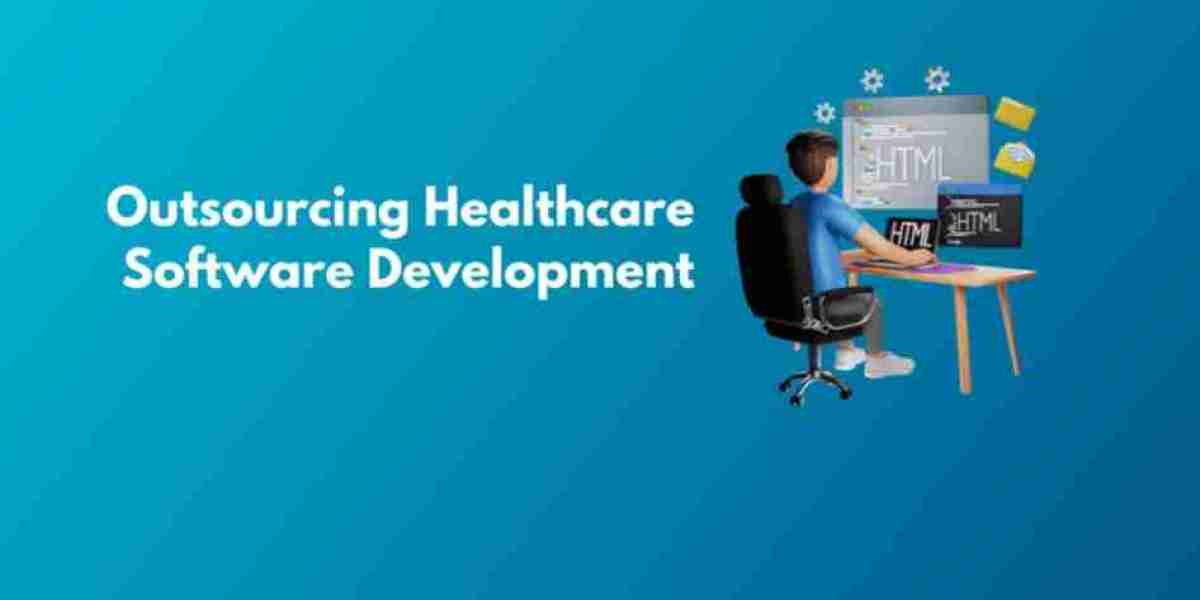In the realm of modern healthcare, the synergy between technology and patient care has become increasingly intertwined. The evolution of healthcare software development stands as a testament to this profound transformation, where innovative solutions continually shape and revolutionize the industry.
Understanding Healthcare Software Development
Healthcare software development encompasses a wide spectrum of applications designed to streamline processes, enhance patient care, and optimize operational efficiency within medical facilities. These software solutions range from Electronic Health Records (EHR) and telemedicine platforms to specialized tools for diagnostics, treatment planning, and administrative tasks.
Advantages of Tailored Software Solutions
Efficiency and Precision: Customized healthcare software enables medical professionals to streamline workflows, reducing administrative burdens and allowing more focus on patient care. Precision in diagnosis and treatment is facilitated through specialized software catering to diverse medical specialties.
Enhanced Patient Experience: User-friendly interfaces and interactive features in healthcare software contribute to improved patient engagement. Access to personal health data, appointment scheduling, and telehealth options enhances convenience and accessibility.
Interconnectivity and Data Management: Integrated systems enable seamless sharing of patient data among healthcare providers, ensuring continuity of care. Data analytics within these systems offer valuable insights for better decision-making and improved outcomes.
Technological Trends Shaping Healthcare Software Development
Artificial Intelligence (AI) and Machine Learning (ML): AI-driven solutions aid in diagnostics, personalized treatment plans, and predictive analytics. ML algorithms analyze vast datasets to identify patterns and assist in clinical decision-making.
Blockchain in Health Records: Blockchain technology ensures secure, immutable storage of patient records, enhancing data security and privacy in healthcare.
Internet of Medical Things (IoMT): IoMT devices like wearable health trackers and remote patient monitoring tools collect real-time health data, enabling proactive and remote patient care.
Challenges and Future Prospects
Despite the remarkable advancements, challenges persist in healthcare software development, including interoperability issues between different systems, data security concerns, and the need for regulatory compliance.
The future of healthcare software development promises even more groundbreaking innovations. Anticipated developments include further integration of AI and ML in diagnostics, enhanced cybersecurity measures, and expanded use of virtual and augmented reality in medical training and patient education.
Conclusion
Healthcare software development continues to redefine the landscape of medical care, offering solutions that improve patient outcomes, streamline processes, and empower healthcare professionals. The evolution of these technologies holds immense promise for a future where healthcare is not just efficient but also personalized and accessible to all.
As the healthcare industry marches forward, the fusion of innovation and patient-centric solutions through software development stands as a beacon of hope for a healthier, more connected world.








